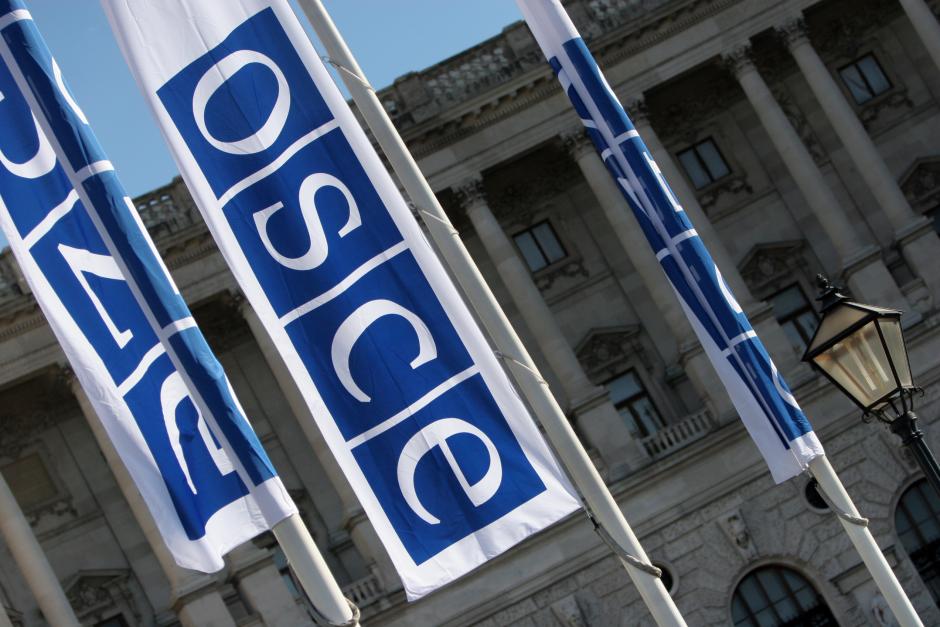Albania leads in race for OSCE Secretary General role

Photo: OSCE
According to a report by Top Channel, Albania currently leads in the competition to have an Albanian elected as the OSCE Secretary General. This follows a key internal vote in Vienna.
Why is this significant: If successful, this will mark the first time an Albanian representative holds such a prominent international position. The development also tests the diplomatic skills of the Albanian government and Prime Minister Edi Rama as they compete directly against Türkiye.
What happened: Albania’s candidate, Minister for Europe and Foreign Affairs Igli Hasani, gained support from 37 countries, far outpacing Türkiye and Greece’s joint bid, which only secured backing from 8 nations. This result signals a shift in OSCE dynamics and highlights Albania’s strong diplomatic positioning.
Voting dynamics: The internal vote took place shortly after a meeting between Albanian Prime Minister Edi Rama and Turkish President Recep Tayyip Erdogan in New York. Despite this meeting, voting patterns remained unchanged, showing a clear divide among OSCE members. Albania, received broad support, while Türkiye and Greece struggled to gain traction. They only won support from 5 Central Asian nations, Portugal and themselves.
Context: Türkiye’s Foreign Ministry has long lobbied for leadership within the OSCE, joining forces with Greece to nominate Feridun Sinirlioğlu and Maria Telalian for key positions. In contrast, Albania, supported by the Netherlands, proposed Igli Hasani and Christophe Kamp. Despite Türkiye’s appeals for Albania to step aside, Albania stood firm, urging Türkiye to withdraw due to Albania’s stronger support.
The broader picture: The competition is unfolding amid improved Turkish-Greek relations, with both nations backing a joint candidate. Albania’s persistence reflects a broader diplomatic strategy, demonstrating resilience and ambition in international affairs. A win for Albania would be a historic achievement and affirm the country’s growing diplomatic influence.
Next steps: The race remains fluid, with ongoing lobbying among OSCE member states. If Albania prevails, it would represent a significant shift in the OSCE’s balance of power and underscore Albania’s increasing diplomatic clout. Should the deadlock persist, a third-party candidate could emerge, adding further complexity to the competition.


